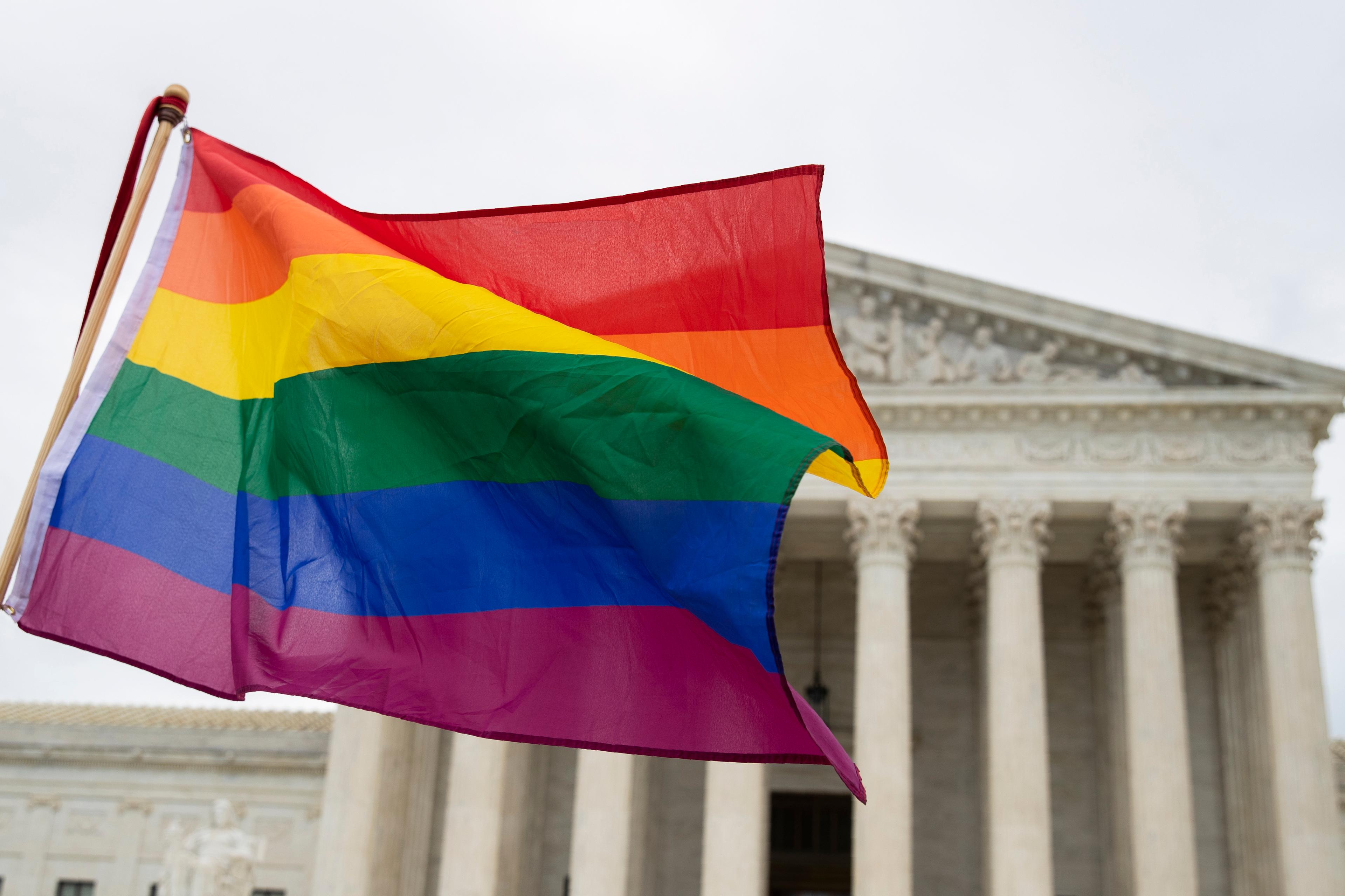
President Donald Trump’s sweeping tax and spending law, known as the “One Big Beautiful Bill Act,” will make permanent large tax cuts from the president’s first term. And it makes good on a campaign promise to go further, by creating tax breaks on overtime pay and tip income.
But Colorado lawmakers aren’t ready to follow suit.
Prior to the federal law passing, the state legislature passed a bill, formally dubbed the “Tax Expenditure Adjustment Bill,” that ensures the state will continue to collect income tax on overtime pay.
Historically, Colorado typically aligns with federal tax law, so when the federal government creates a tax exemption, it usually carries over to state taxes as well. But the new law tells Colorado taxpayers that they will still need to add back in any overtime pay that’s been excluded under federal rules.
“People who receive overtime compensation will pay just as they always have and contribute the same proportion they always have to Colorado revenues,” University of Colorado Law School professor Sloan Speck said. “But they will feel a change at the federal level and I would imagine for these people that change will be incredibly salient.”
According to Speck, not every worker will benefit from Trump’s federal overtime tax break. For instance, some public-sector employees — like certain state workers — don’t get paid extra money for overtime. Instead, they receive “comp time,” or additional paid time off. Since that extra time off isn’t characterized as income, it’s excluded from the federal overtime deduction altogether.
The tax break is also temporary; the federal government will start taxing overtime again in 2028. And the deduction is capped at $12,500 annually for a single filer.
Colorado lawmakers didn’t take any action on tips, so that income will now be deducted from state income taxes. The new federal law caps the deduction at $25,000 and ramps down its value for people making over $150,000. That tax break also expires after 2028.
The Democratic lawmakers who passed Colorado’s tax law are worried about the Big Beautiful Bill’s larger impact on the state’s finances and safety net.
“We have differences of opinion in this country, but I think [Trump’s] bill goes so far beyond that,” Democratic state Sen. Mike Weissman told CPR News. “It is straight up going to be hurtful to millions and millions of human beings in this country in terms of healthcare, in terms of jobs, in terms of a dirtier environment for years to come.”
Weissman, one of the sponsors of the Colorado legislation, says he’s concerned about how the federal cuts will affect vulnerable Coloradans, especially as the state faces pressure to either conform to or break from the new federal tax code.
Supporters of Colorado’s new legislation say taxing overtime and tip pay is a necessary step to protect the state budget and preserve funding for programs like Medicaid and SNAP. But a conservative political group is already pushing back.
Last week, Advance Colorado announced that they are pursuing a ballot measure that would bring Colorado’s tax policy in line with the recent federal changes.
President of the group, Michael Fields, says that Colorado’s policy is “misguided.”
“I just think it's something that once people find out what's going on, it's going to be enormously unpopular,” Fields said.
The proposed measure would block Colorado from taxing overtime pay and tips. But unlike the new federal policy, the state tax break would be permanent.
If it clears the Title Board and collects enough signatures to qualify, the initiative will appear on the 2026 ballot.









